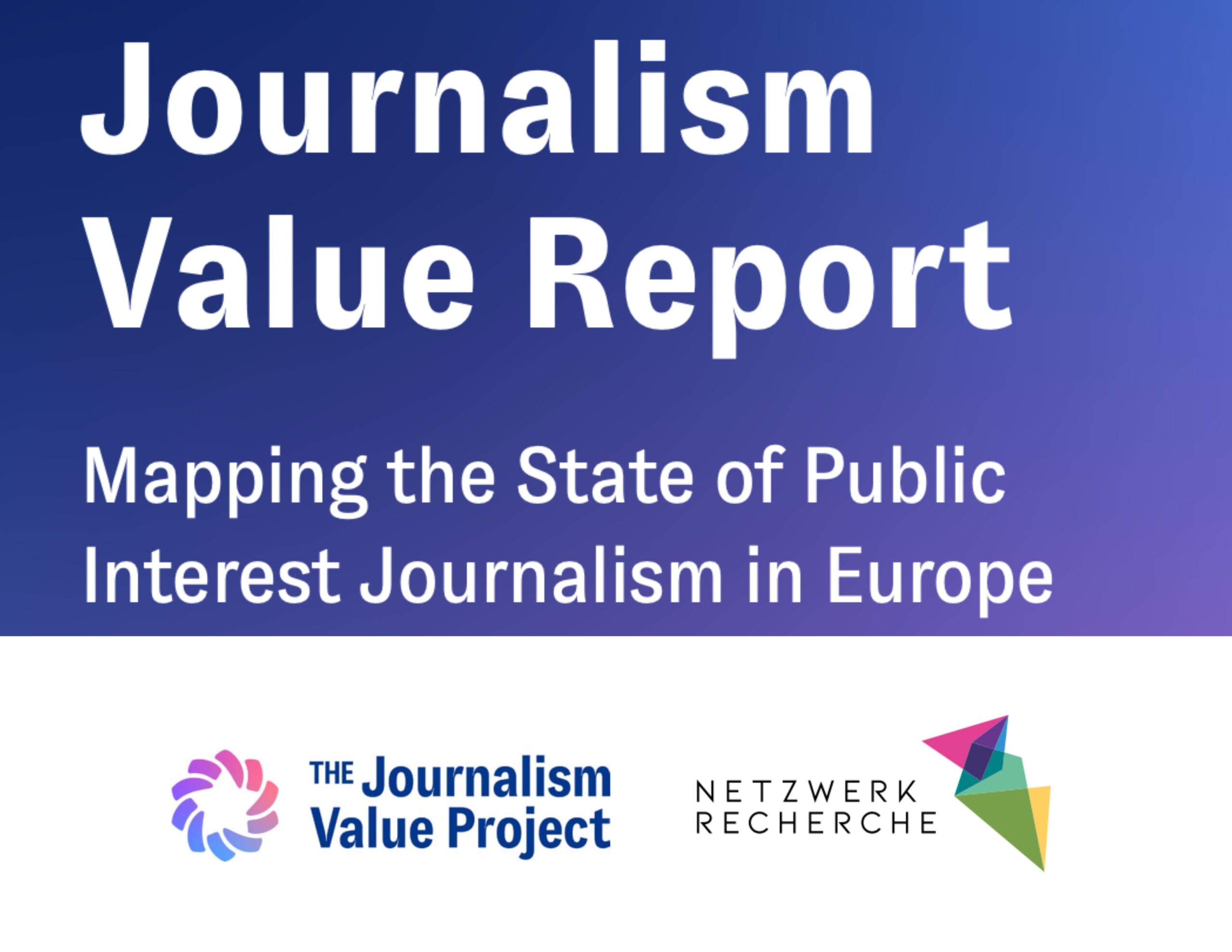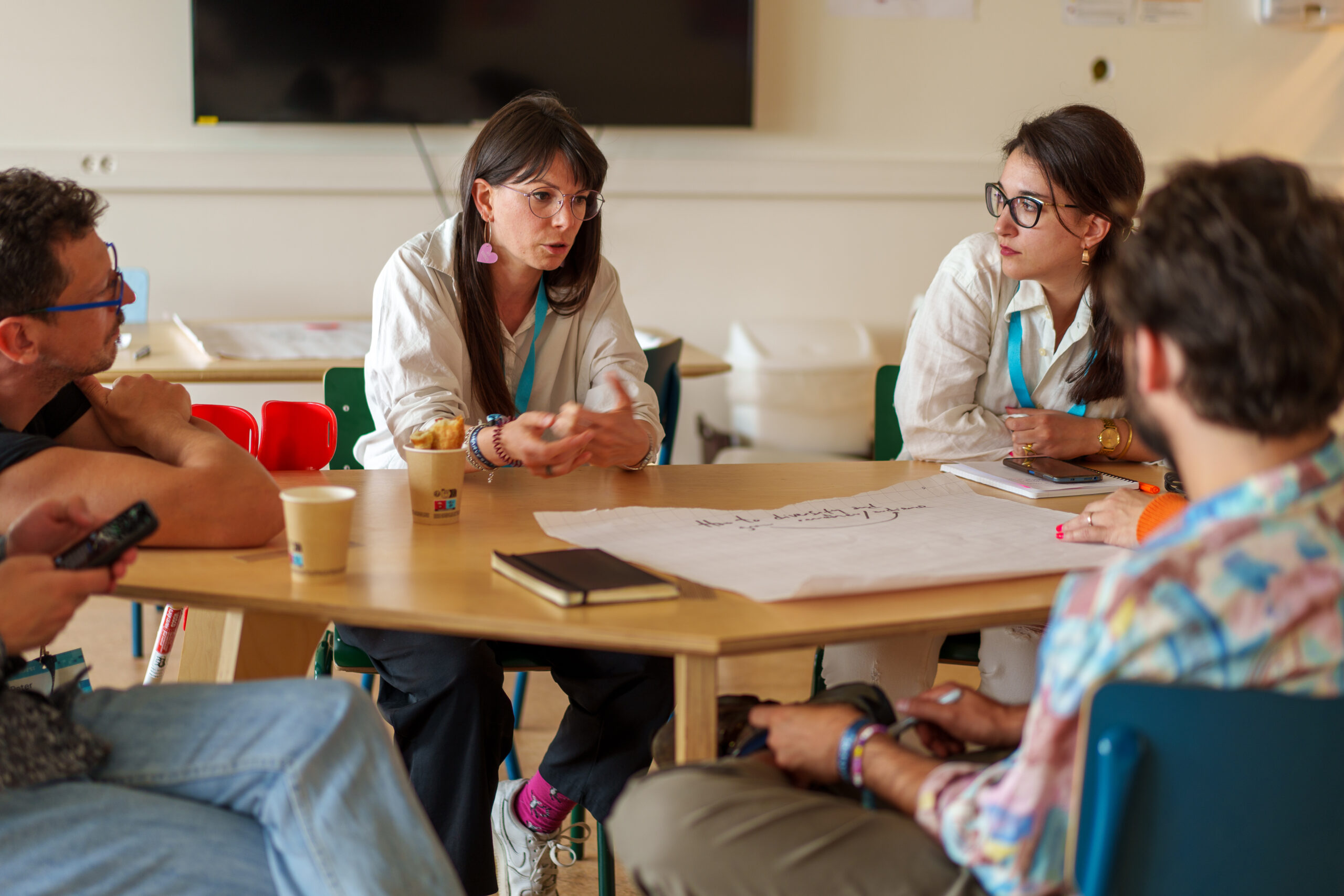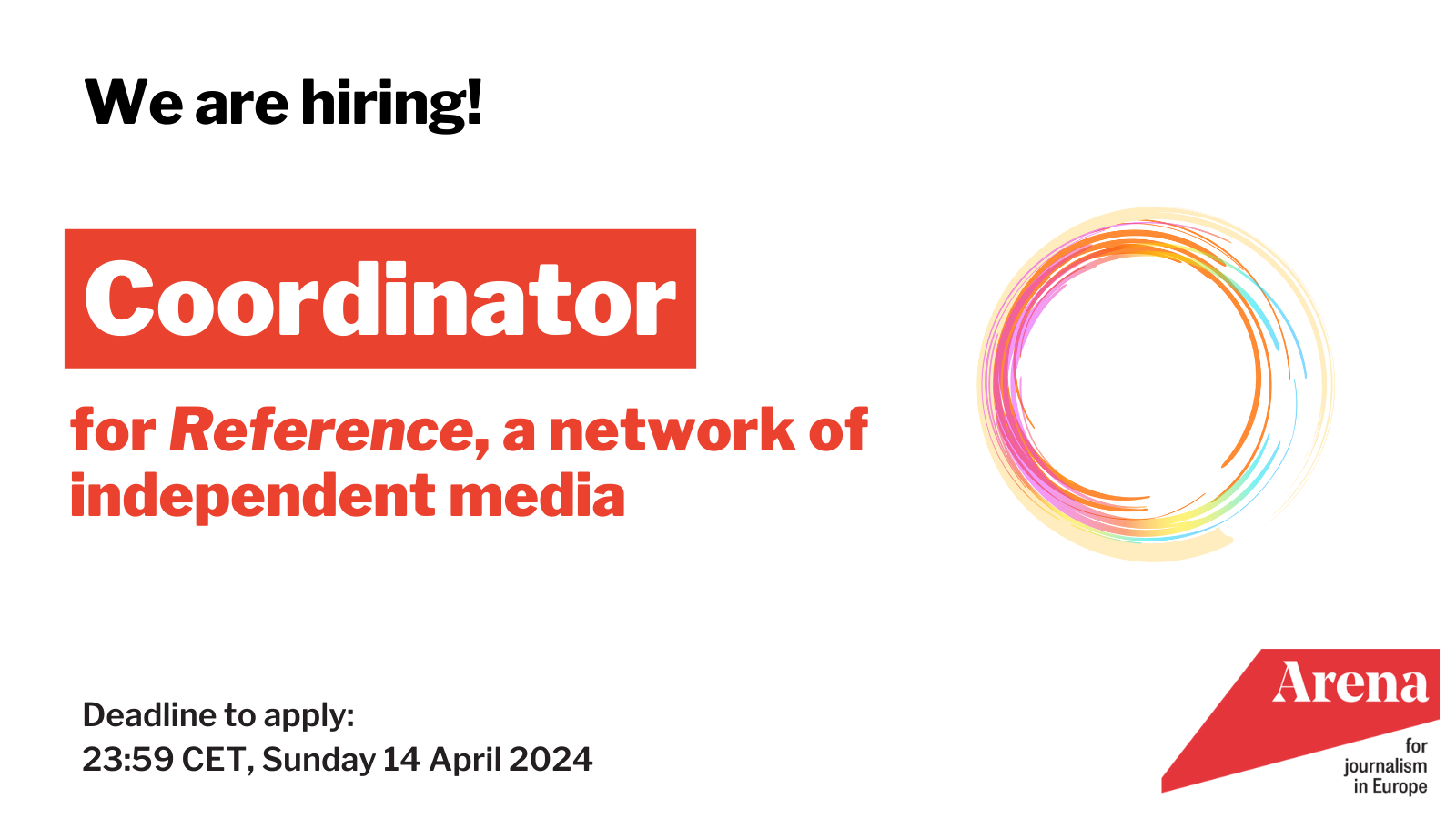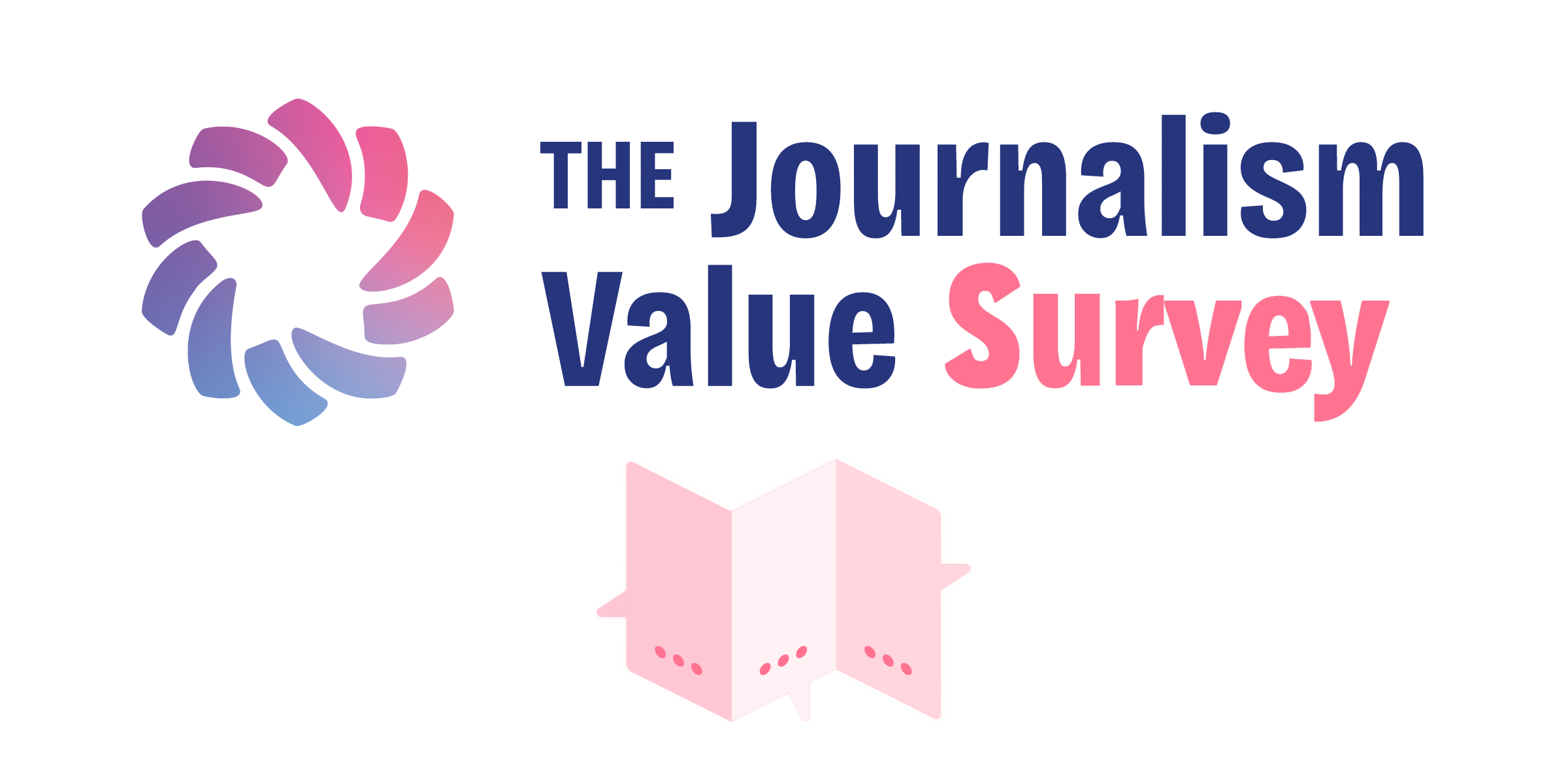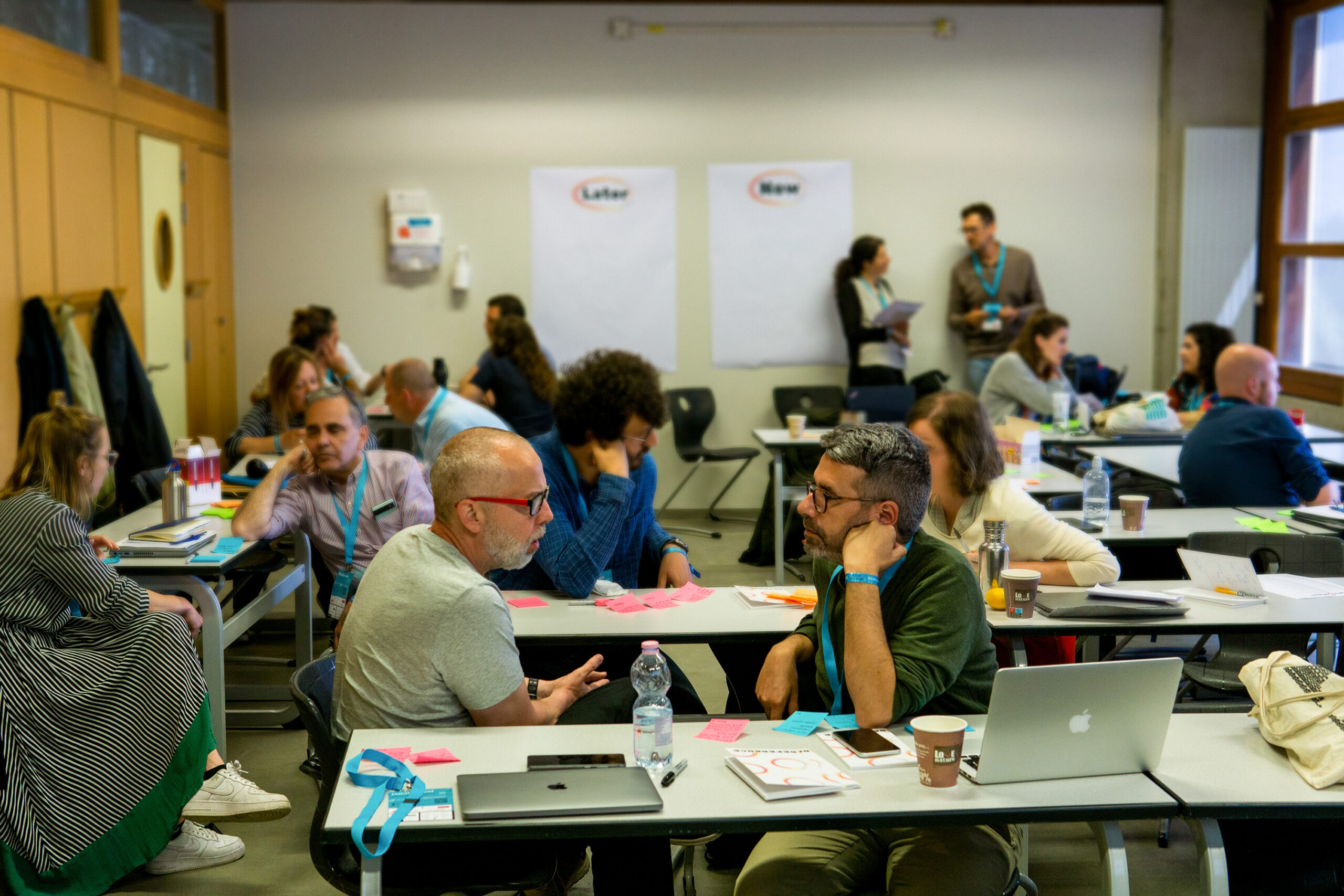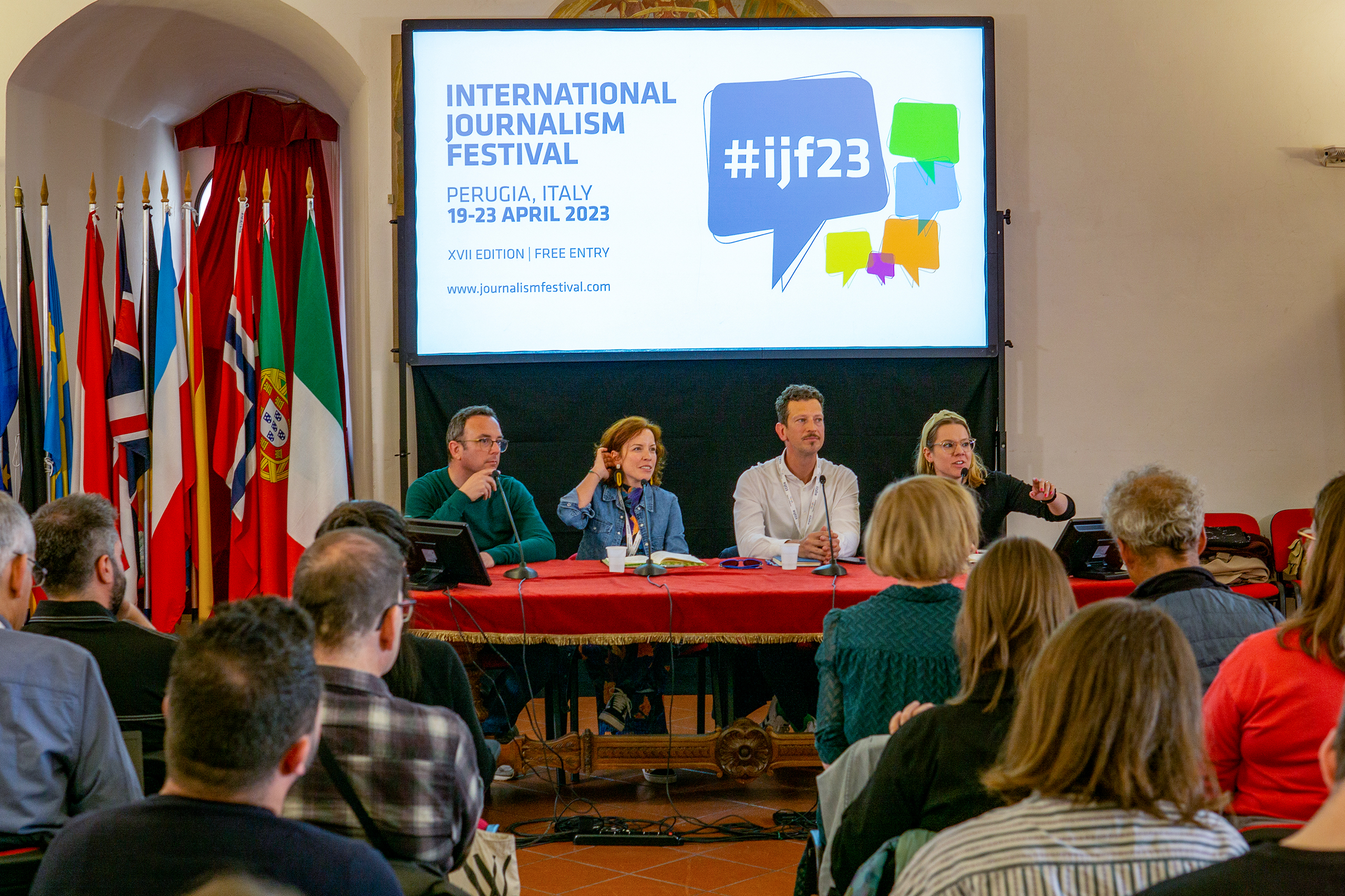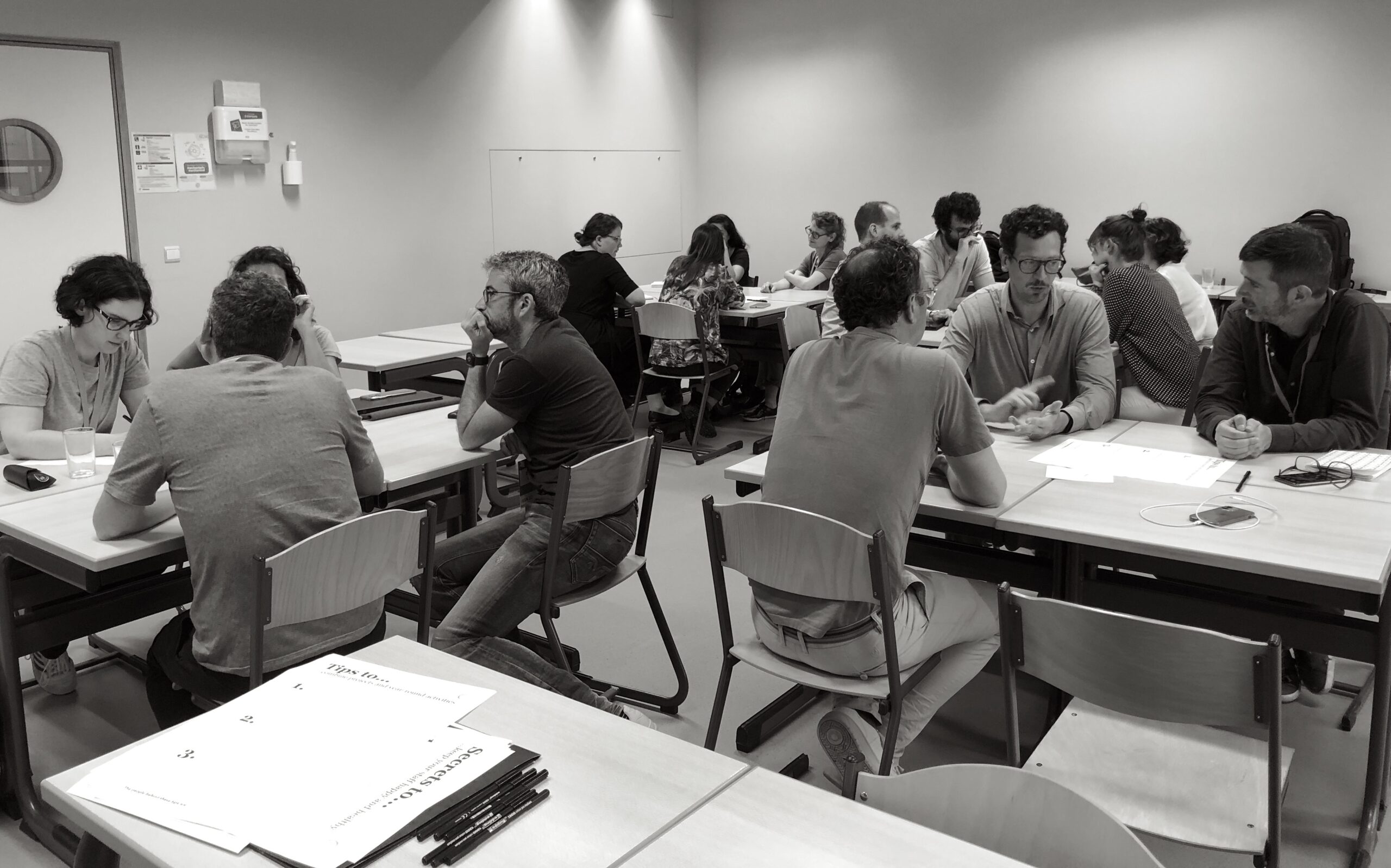The Journalism Value Report: Mapping the State of Public Interest Journalism in Europe
On Thursday, 28 November, the Journalism Value Report was published, providing a detailed overview of the state of independent public interest journalism in Europe. Drawing on responses from 174 newsrooms across 31 countries, the report explores this growing sector’s challenges and opportunities. At Reference, we are committed to supporting independent public interest media, which provide … Read more

